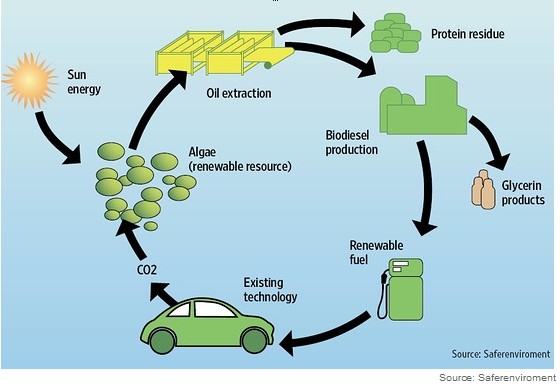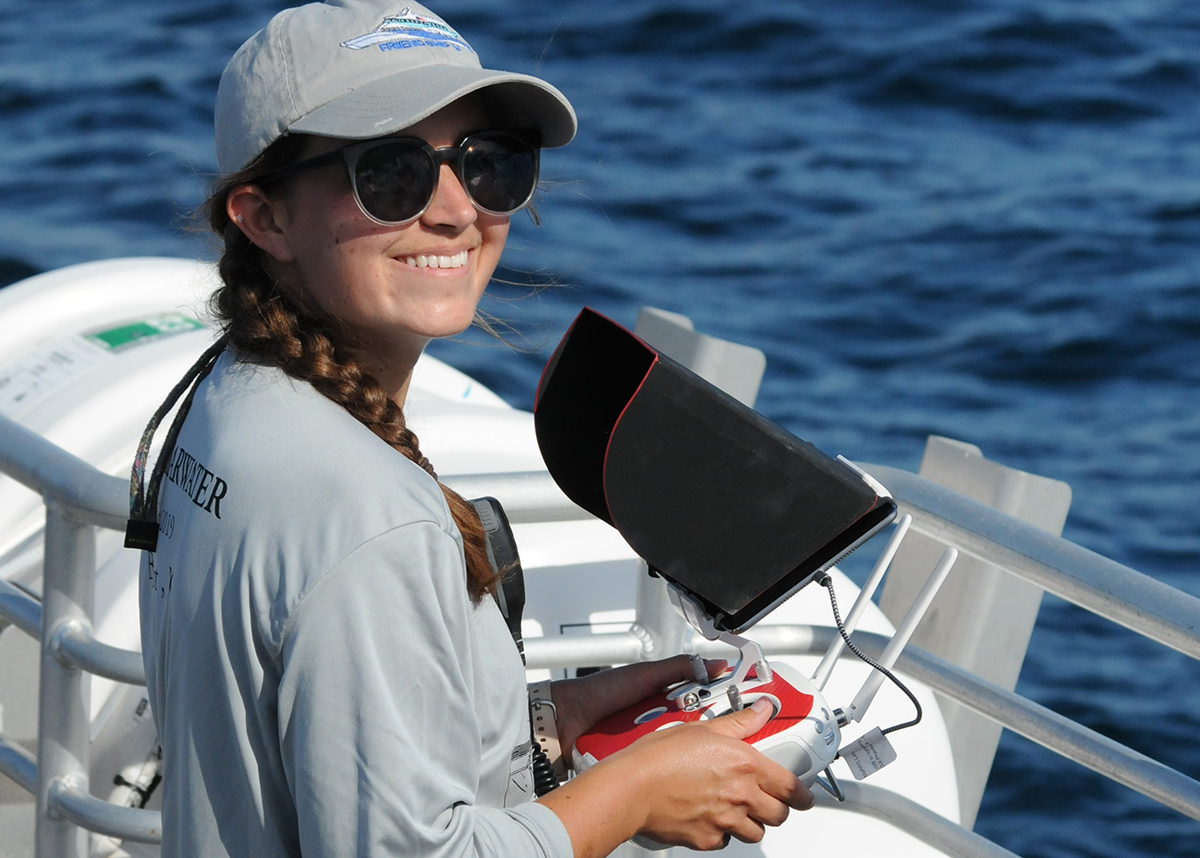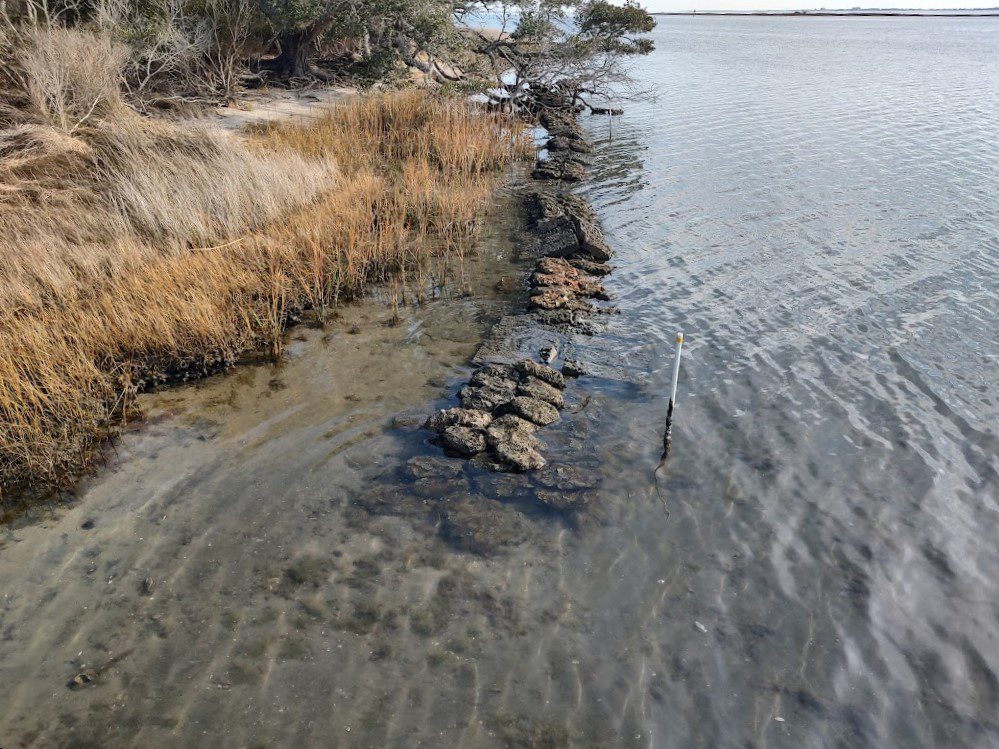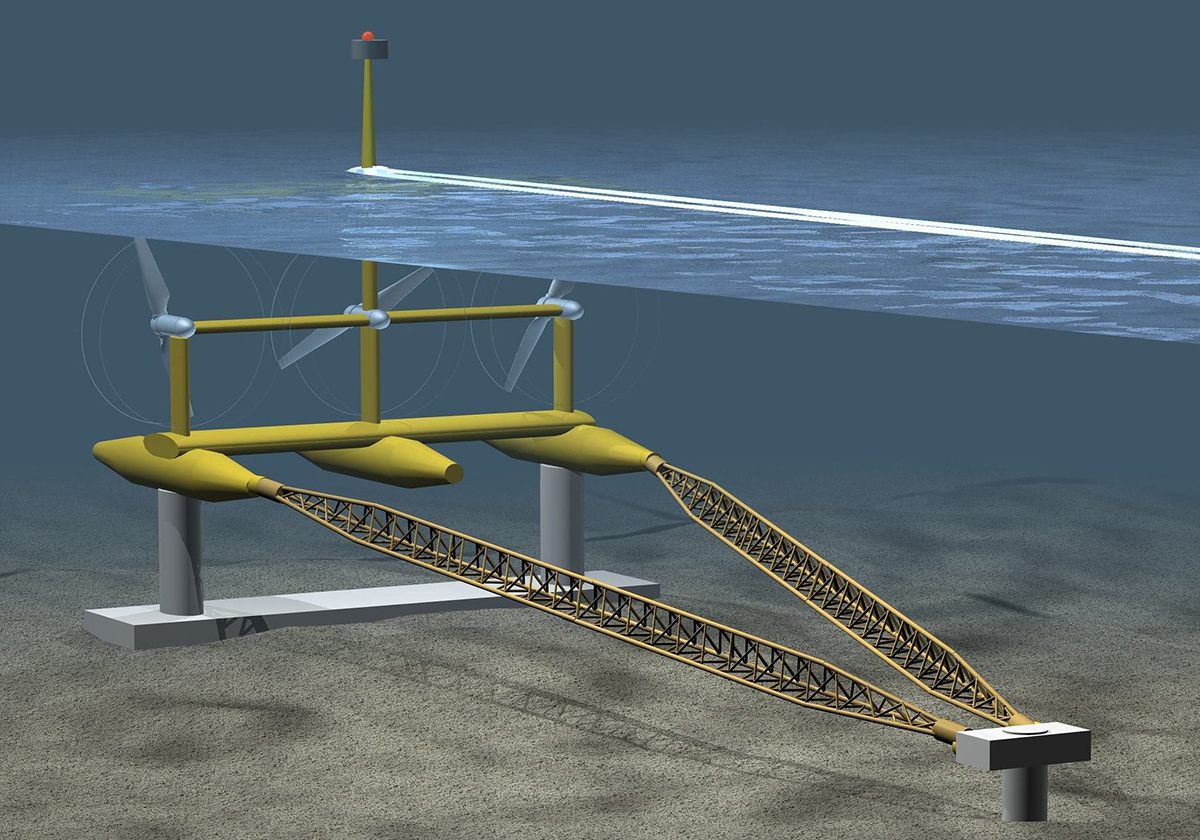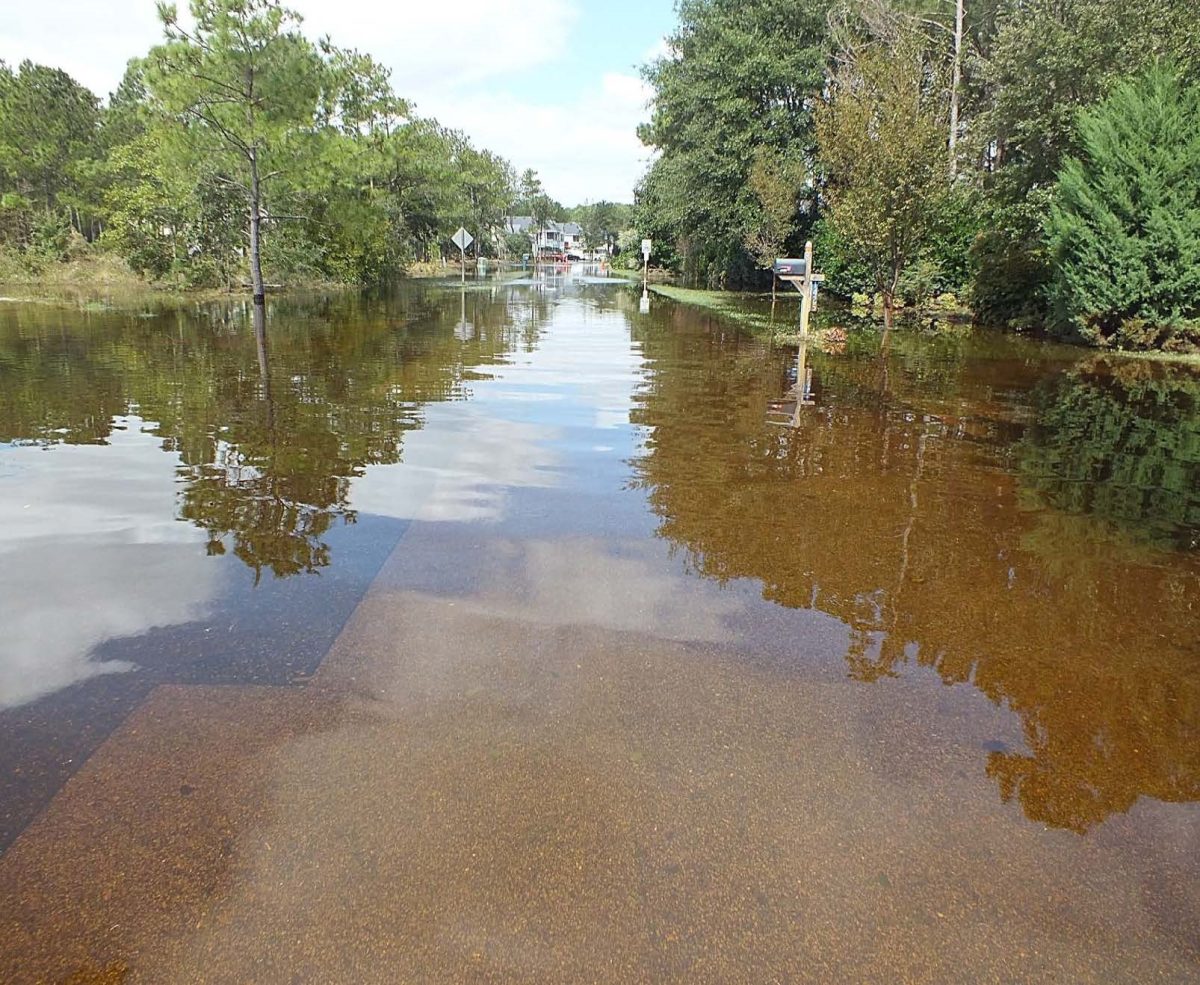BEAUFORT – A Duke University professor researching algae as a source of biofuel has been awarded a multi-million-dollar grant to explore these simple plants’ untapped alternative benefits.
Backed by a $5.2 million U.S. Department of Energy grant, Zackary Johnson, assistant professor of molecular biology in marine science at Duke’s Marine Laboratory on Pivers Island in Beaufort, is heading a consortium that for the next three years will study how to develop algae co-products commercially.
Supporter Spotlight
Algae’s potential as an alternative oil source was initially explored after the Arab oil embargo in 1973 led to fuel shortages and high prices at the pump in the U.S. As the crisis faded and prices dropped, the interest in algae’s biofuel potential subsided.
Fast-forward to 2007, when oil prices began to steadily climb, peaking in July 2008 at a whopping $144 a barrel. The sky-high prices prompted a renewal in the interest to examine algae as a source of biofuel.
This is around the time Johnson got involved in algae research. He worked with a consortium made up of a few universities and Royal Dutch Shell to study oil-producing algae. Other large oil companies, including ExxonMobil and British Petroleum, or BP, were also exploring algae’s potential as a fuel source.
“There was this lingering idea that algae grow really fast and some have a large percentage of oil in them and so, on paper, this seemed like a really good idea to see if we can make this work,” Johnson said. “It’s a great idea on paper, but it’s difficult.”
The hard part is producing oil from algae at a competitive cost, particularly as oil prices have dropped.
Supporter Spotlight
This revelation was not the only one scientists found as they studied algae.
“One of the things we learned from that research is that other parts of the cell are more valuable than the oil,” he said. “They produce protein. It turns out that protein is very valuable. Actually, it’s more valuable than the oil on paper.”
Algae-derived protein may be used as a component of animal feed for fish, poultry and swine.
The new Duke University-led Marine Algae Industrialization Consortium, or MAGIC, will study which algae produce the highest amounts of oil and protein, how best to extract those products and ways to mass-produce them.
To achieve this, hundreds of different types of algae are being grown in test tubes in a lab at the University of Hawaii. Those algae will be filtered in a process of elimination that first determines the fastest growing plants then, of those algae, which plants have the highest levels of oil.
Fast-growing, high-oil producing plants will then be studied for other valuable co-products.
Following what Johnson calls the “systematic process of identifying the winners,” researchers in Duke’s lab will start growing the algae on a larger scale.
“In effect we’re testing the same thing that Hawaii is, just on a larger scale,” Johnson said.
Strains that successfully grow in larger quantities and produce a high volume of products and co-products will then be passed to others in the consortium, where all the different molecular components of the algae will be examined.
“Then that becomes cheaper to produce,” Johnson said. “The goal of this project is to essentially identify types of algae that grow fast and have a lot of oil, but that also have these high value co-products. By making those valuable co-products then we can drive down the cost of production.”
To achieve this goal, the consortium includes universities researchers and those in agriculture companies to evaluate the proteins’ quality. The team includes: Archer Daniels Midland, Bentley University, Bucknell University, Cornell University, OpenAlgae, Shell Global Solutions Inc., University of Hawaii, University of Nordland, The University of Southern Mississippi and Valicor Renewables.
“The reason there’s so many people is because there’s so many parts of it,” Johnson said. “There are ways of making algae produce some extremely high-value products, but the team is thinking about this on a large, global scale. It’s thinking about how we can make a major dent in the energy demand or the protein demand. We need to do it really big to make a difference. That’s the challenge.”
Researchers have yet to figure out the best way to operate the process most efficiently, he said. They also haven’t determined which algae products are the most valuable.
Their research will also include examining the carbon footprint made to make and deliver algae products. “It’s not just about making money, it’s about making sure it’s a good thing,” Johnson said. “We want it to be sustainable, environmentally friendly.”
Oil from algae will not entirely replace crude oil, he said, but, like solar and wind energy, it can become a viable alternative energy source. “It’s part of an integrated solution,” he said. “It’s part of the solution, but not the whole solution.”




